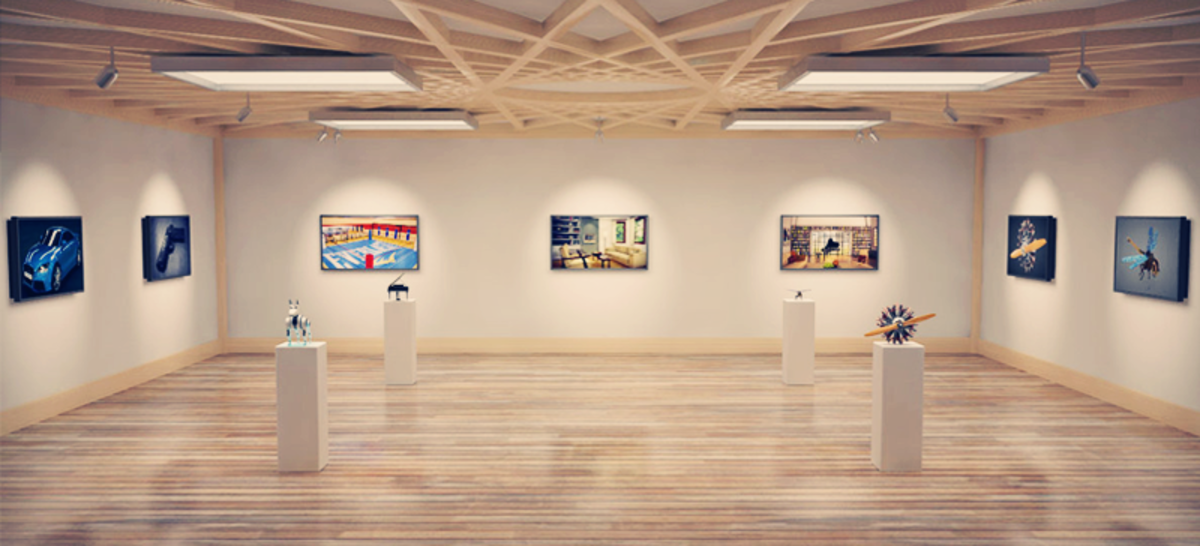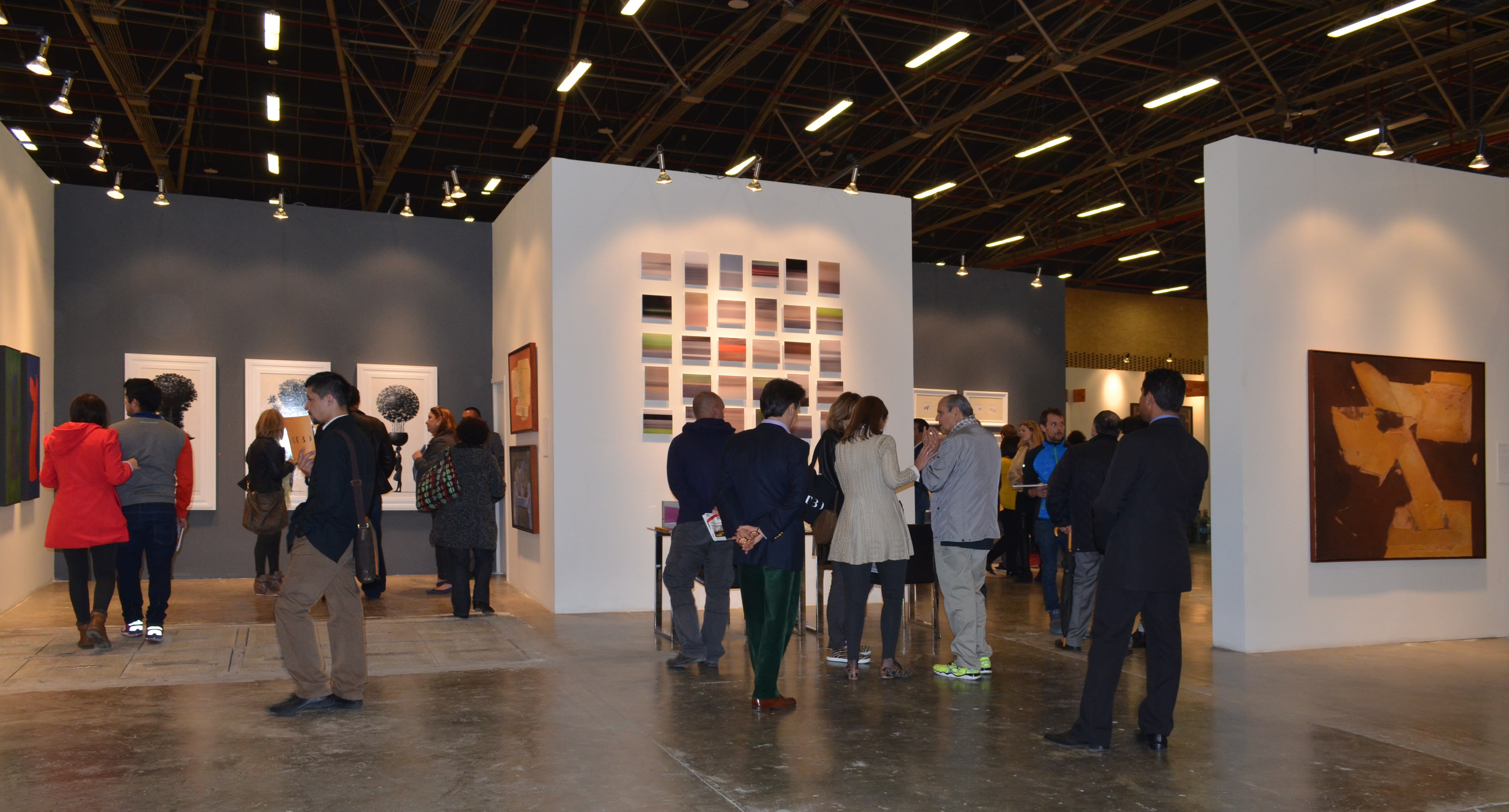Examine This Report about Art Galleries Johannesburg
Table of ContentsA Biased View of Art Galleries JohannesburgThe Best Guide To Art Galleries JohannesburgArt Galleries Johannesburg for BeginnersNot known Factual Statements About Art Galleries Johannesburg The Of Art Galleries JohannesburgThe Facts About Art Galleries Johannesburg Revealed
Control over the market is so crucial to galleries that they will not sell to collectors who will flip the art in the secondary market. Art on the secondary market is frequently sold at an auction house. As soon as an artist's work goes to auction the costs are observable to the general public, and anybody (frequently uttered with ridicule) can purchase it.Goldwasser concedes sometimes you can get an equally appealing deal with the street, for a fraction of the rate, but you miss the financial investment value and social status of building a collection. A few years ago a young art collector from New york city I understand bought a painting from a New York gallery.
He provided to buy it for more than 50 times what she paid for it. She declined and he raised his offer to a sum that would mean she 'd never need to work once again. She explained that she would not negotiate with himany resale of the painting must go through the gallery, so they'll get a commission and pick the pricenot her.
Examine This Report on Art Galleries Johannesburg
She may have owned the painting, but reselling it at an earnings without the gallery's permission would blackball her from the art market. Art collectors are different than consumers or investors in any other market.
He thinks prices are typically fake; bad art often costs far excessive and he questions the integrity of lots of dealerships. Several collectors I talked to echoed this sentiment, yet each of them are devoted collectors because they think they are well notified, seldom overpay and enjoy what they have actually gotten.
Large museums and prestigious collectors typically pay less and have special access to certain work. Joan Young, Director of Curatorial Affairs at the Guggenheim, states that the museum may get as much as a 30% discount or greater. You 'd believe being in the permanent collection of a museum as distinguished as the Guggenheim would be so valuable to the artists' brand that the museum would get an even larger discount.
How Art Galleries Johannesburg can Save You Time, Stress, and Money.

Would the marketplace function much better, and maybe consist of more working artists, if galleries didn't control prices? An alternative to the gallery system in America and Europe exists in the Chinese art market. Unlike the primary art market in the West, 50% of primary sales in China are at auctions. This would seem to be more efficient, since rates are observable and basics embeded in the marketplace, not selected by the gallery.
Another option is returning to the patron model which was popular prior to the gallery system. The gallery system is probably a better alternative since the artist has more stability than with a patron- model. With the patron model artists are dependent on the goodwill of a handful of people for their whole income.
The 20-Second Trick For Art Galleries Johannesburg
Galleries help with the relationships between collectors and artists and assist groom the artists. Without that intermediary, less artists could thrive. Another option would be requiring galleries to be more transparent. The sale cost of a work of art might be publically noted, the exact same way that's provided for houses in the real estate market.
Enforcing this guideline might be action in the best direction. If rates were transparent, it would probably be lower and art more available to a broader series of collectors. This would be an unwanted relocation for dealerships and elite artists but it could likewise demystify the market and lower tier artists might earn more due to the fact find more that the market would be less segmented.
Websites are cropping up that sell main art and make it more available to the masses. Even has actually set its sights on the art market. It prepares to partner with certain galleries to offer a few of their inventory online but it's unclear whether it will become a "market for lemons," where the best pieces from the most appealing artists are still reserved for specific collectors and rates of promising emerging artists still unknown.
Fascination About Art Galleries Johannesburg
The dealers and collectors I talked to all think they serve a vital role by setting high culture for our society. Financial interest aside, they are well suited for this task because many art insiders spend years in the industry and studied art history: They place modern art in its historic context - art galleries johannesburg.

Stability is important due to the fact that a lot of artists take decades to mature and produce their finest work. If they didn't have years to devote themselves to their craft we 'd be bereft of some fantastic art which enhances us and will resonate with future generations. Even if the market were more open there would constantly be an elite market for high-end modern art.
But it might be the control requires more control, which ultimately benefits the galleries, and leads to less working artists.
The Facts About Art Galleries Johannesburg Revealed
